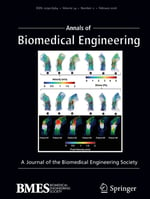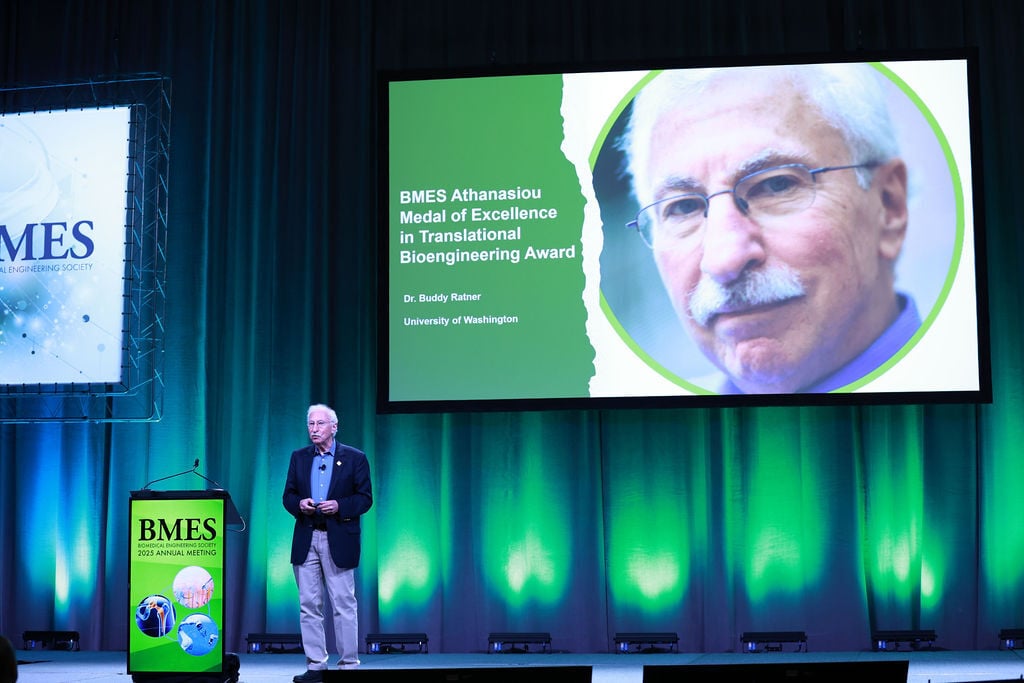New Endowment Established to Support Childcare for Young Investigators Attending the BMES Annual Meeting
Thanks to the support of the benefactors, The Linda Griffith & Douglas Lauffenburger Endowment supporting childcare for young investigators attending...







